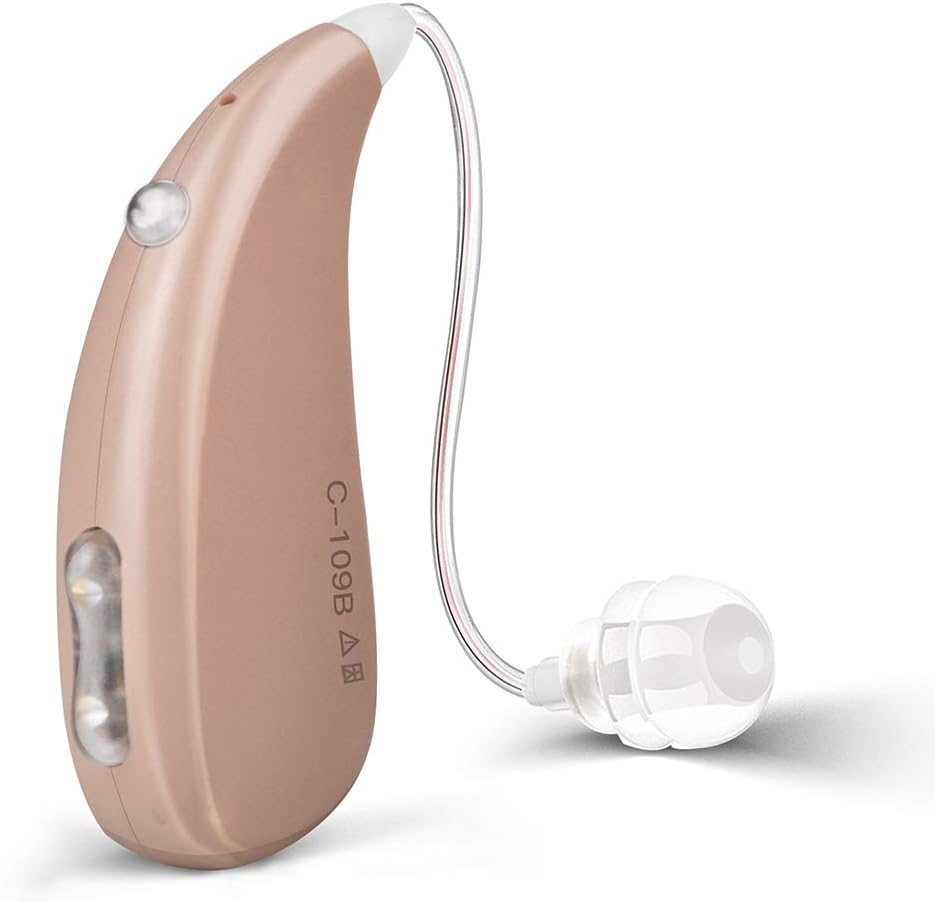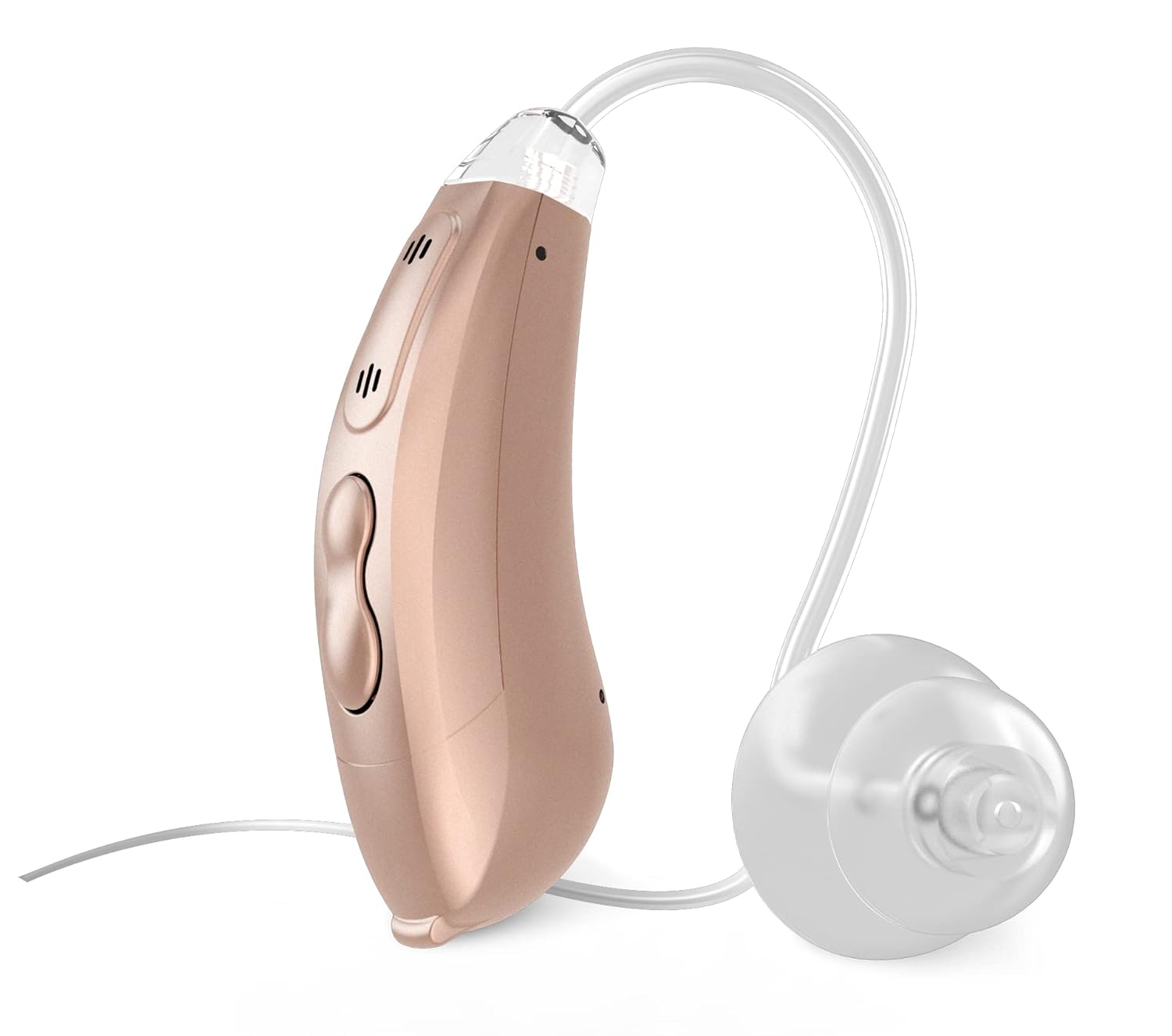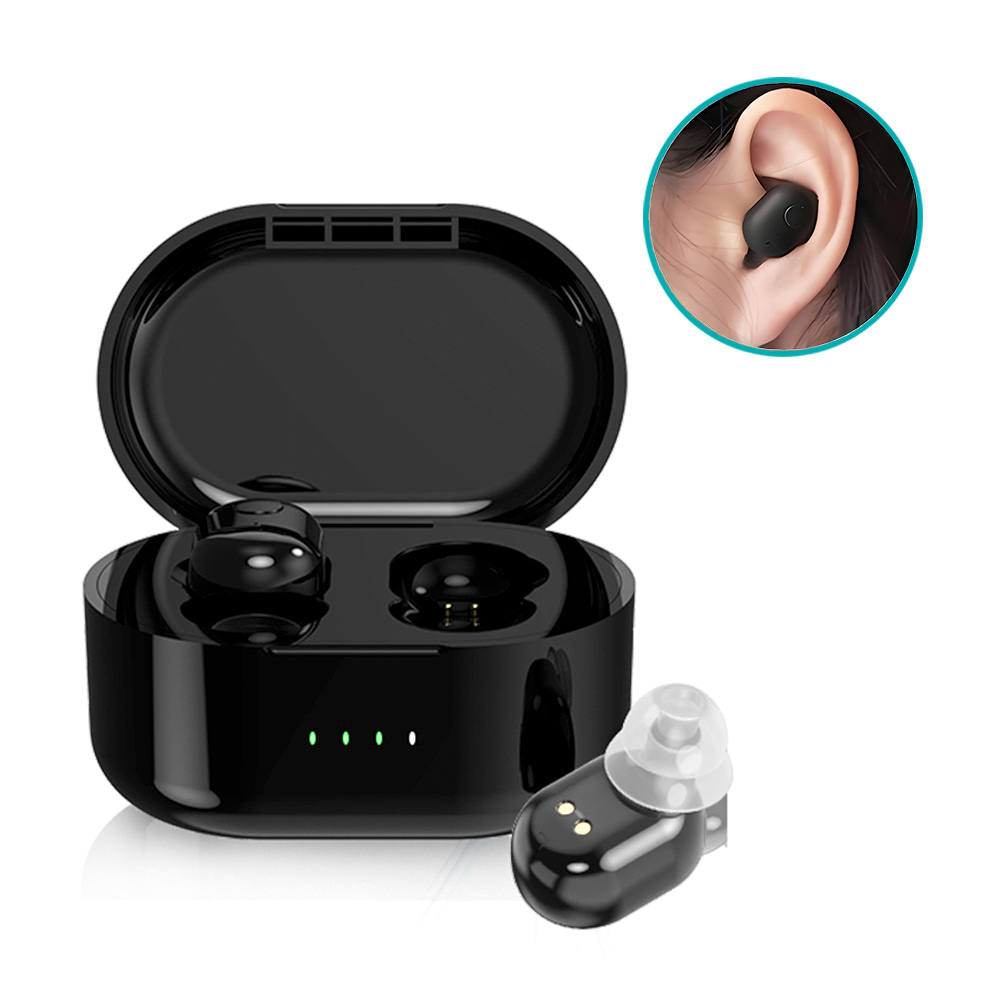Around 1 in 3 people between the ages of 65 and 74 have hearing loss. This increases to more than half of those older than 75. Hearing difficulty occurs due to a variety of reasons, including age, certain medications, exposure to loud noises, and medical conditions. Dementia, on the other hand, is a term used to describe a decline in cognitive function, including memory, thinking, and reasoning. Columbia University researchers have recently found “almost 10% of U.S. adults ages 65 and older are living with dementia, while another 22% have mild cognitive impairment”.
Many of us know or are related to someone impacted by hearing loss, dementia, or both. In fact, recent studies have shown that there may be a link between the two conditions. When we talk about a link between conditions, we are not referring to a cause-and-effect relationship. When discussing “risk” we are referring to the possibility that one is related to the other condition. To avoid the condition (in this case, dementia) a specific set of recommendation have been proposed. These are referred to as modifiable risk factors.
 The Lancet Public Health journal provided a list of 12 modifiable risk factors to reduce the risk of dementia. Each was assigned a percentage value which represents the chances of preventing or delaying dementia. The treatment of hearing loss accounted for the highest value, 8% of the total modifiable risk, followed by increased education (7%) and smoking cessation (5%).
The Lancet Public Health journal provided a list of 12 modifiable risk factors to reduce the risk of dementia. Each was assigned a percentage value which represents the chances of preventing or delaying dementia. The treatment of hearing loss accounted for the highest value, 8% of the total modifiable risk, followed by increased education (7%) and smoking cessation (5%).
Although neither hearing loss or dementia currently have a cure, there are steps that can be taken to treat hearing loss which may reduce your risk of dementia.1
So, how are hearing loss and dementia connected? It's theorized that the "cognitive load" on the brain may take away resources the brain uses for other functions, such as short-term memory, and affects our ability of spatial awareness.2 Johns Hopkins University also states that hearing loss could lead individuals to be less socially engaged, which reduces mental stimulation and could increase the risk of cognitive decline.3
Fortunately, there are ways to manage and reduce the risk of both hearing loss and dementia. Wearing hearing protection in environments with loud noise, such as around machinery or at loud concerts, can help preserve your hearing health. Hearing tests with a licensed hearing professional can detect a hearing loss even at early stages. Finding treatment for your unique hearing loss through hearing aid technology can help improve hearing function to keep you engaged with friends, family, colleagues, and with hobbies.
While more research is needed to fully understand the relationship between the two, it's important to be aware of the potential risks and take steps to manage them. By maintaining good hearing health and adopting healthy lifestyle habits, we can help protect our cognitive function as we age. Take a quick hearing screening today or schedule a consultation with a nearby licensed hearing professional.







